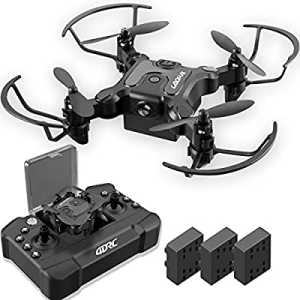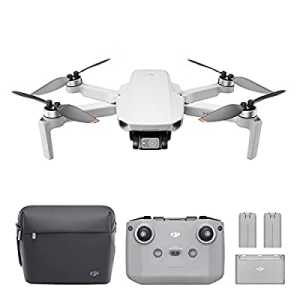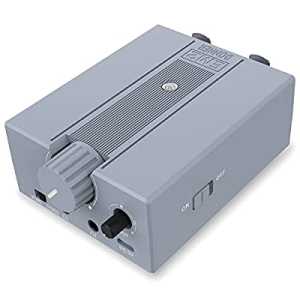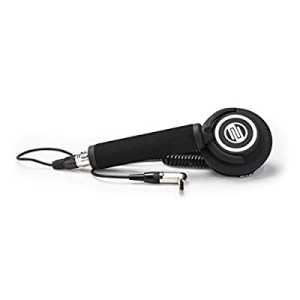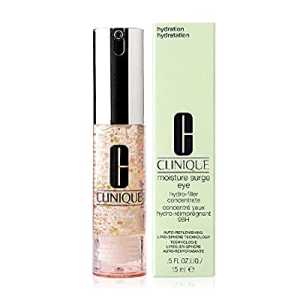
When Should You See A Glaucoma Surgery Specialist? Key Signs To Watch For

Glaucoma is a silent but serious eye condition that can lead to irreversible vision loss if not treated in time. Often referred to as the "silent thief of sight," glaucoma typically progresses without noticeable symptoms in its early stages. However, as the disease advances, it can significantly impact vision and quality of life.
A glaucoma surgery specialist is an ophthalmologist with advanced training in diagnosing and surgically treating glaucoma. But when should you seek their expertise? This blog highlights the key signs that indicate the need to see a glaucoma surgery specialist and why early intervention is crucial for preserving your vision.
Understanding Glaucoma and Its Risks
Glaucoma is primarily caused by increased intraocular pressure (IOP), which damages the optic nerve. If left untreated, this damage can lead to permanent blindness. The condition is most common in older adults but can affect people of all ages, including newborns and young adults.
There are several types of glaucoma, including:
✔ Primary Open-Angle Glaucoma (POAG) – The most common type, developing gradually with no early symptoms.
✔ Angle-Closure Glaucoma – A sudden increase in eye pressure requiring emergency treatment.
✔ Congenital Glaucoma – A rare form found in infants due to abnormal eye development.
✔ Secondary Glaucoma – Caused by other conditions like diabetes, eye injuries, or prolonged steroid use.
Since glaucoma damage is irreversible, early diagnosis and timely treatment are essential.
Key Signs That Indicate You Should See a Glaucoma Surgery Specialist
1. Persistent Eye Pressure or Pain
If you frequently experience eye discomfort, pressure, or pain, it could indicate high intraocular pressure. While mild pressure may not always be alarming, consistent or worsening discomfort should not be ignored.
2. Gradual Loss of Peripheral Vision
One of the first signs of glaucoma is loss of side (peripheral) vision. If you notice difficulty seeing objects to the side while looking straight ahead, it’s a warning sign that your optic nerve may be under stress.
3. Blurred or Hazy Vision
Occasional blurry vision can occur due to fatigue or other minor issues. However, persistent or worsening blurriness may indicate glaucoma-related damage, making an eye examination necessary.
4. Seeing Halos Around Lights
If you notice rainbow-colored halos around lights, particularly at night, this could be a symptom of high eye pressure. This is especially common in angle-closure glaucoma, which requires urgent medical attention.
5. Frequent Headaches and Eye Strain
Glaucoma can sometimes cause severe headaches, especially if there is a sudden spike in intraocular pressure. If your headaches are accompanied by eye discomfort, blurred vision, or nausea, consult an eye specialist immediately.
6. Sudden Vision Loss or Blind Spots
A sudden loss of vision in one or both eyes, or noticing dark spots in your visual field, may be a sign of advanced glaucoma. This symptom requires immediate evaluation by a glaucoma specialist.
7. Redness or Swelling in the Eyes
While occasional eye redness can be caused by allergies or irritation, persistent redness and swelling could indicate increased eye pressure or an underlying condition requiring medical intervention.
8. Difficulty Seeing in Low Light
If you struggle to adjust to dim lighting or experience difficulty driving at night, it could be an early indication of optic nerve damage due to glaucoma.
9. A Family History of Glaucoma
Glaucoma has a strong genetic link, meaning you’re at a higher risk if an immediate family member has been diagnosed. Even without symptoms, regular check-ups with a glaucoma specialist can help detect the disease early.
10. Ineffective Medication or Laser Treatments
If you have already been diagnosed with glaucoma and your eye drops, oral medications, or laser treatments are no longer controlling your eye pressure, a glaucoma surgery specialist may recommend surgical options such as trabeculectomy, drainage implants, or minimally invasive glaucoma surgery (MIGS).
Blurry vision, severe eye pain, or sudden vision loss could indicate advanced glaucoma requiring immediate attention. A glaucoma surgery specialist in Chinchwad evaluates your condition and recommends the best surgical approach to control eye pressure and prevent further damage. If medications or laser treatments are no longer effective, consulting a specialist promptly can help protect your sight.
Why Early Diagnosis Matters
Since glaucoma damage is permanent, early detection and treatment are the best ways to prevent blindness. A glaucoma surgery specialist can:
✔ Conduct advanced diagnostic tests to assess your condition.
✔ Recommend surgical solutions if medications or lasers are ineffective.
✔ Help preserve your remaining vision and improve your quality of life.
Delaying treatment can lead to irreversible blindness. If you experience any of the symptoms mentioned above, schedule an appointment with a glaucoma specialist immediately.
Final Thoughts
Glaucoma is a progressive disease, but with the right medical care, its effects can be slowed or controlled. Recognizing the early warning signs and seeking prompt treatment from a glaucoma surgery specialist can protect your eyesight and prevent severe vision loss.
If you or a loved one is at risk, don’t wait—schedule a comprehensive eye exam today! Protecting your vision starts with early detection and timely treatment.
Author Bio
Article Comments
No Comments!
At present there are zero comments on this article.
Why not be the first to make a comment?
Similar Articles
Search Pages
Upgrade User Account
account to full use of editor,
including hyperlinks
Article Categories
There are zero sub-categories in this parent category.
There are zero sub-categories in this parent category.
